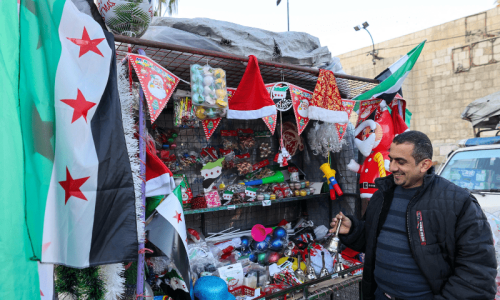
THERE are a few areas in which Pakistan has taken a giant leap since independence and telecommunications is one of them. Those people who have lived in Karachi most of their lives know exactly how the telecom industry has affected the lives of Karachiites.
There was a time when not everyone could afford a telephone at home and during that time — in the 1960s and ’70s — people were dependent on ‘phone booths’ near telephone exchanges.
These ‘booths’ made life easy for those who could afford them; instead of coins (as was a norm in many other parts of the world) they worked on cash that was maintained by a ‘cashier’ who was an employee of the exchange. This mode of communication facilitated those who had relatives abroad (read outside Karachi) or relatives with telephones in the city. Calling them during any part of the day was something of a luxury provided there was an exchange near your place and you had the required cash. Trunk calls in those days to foreign countries required more time to connect as there was no internet whereas the local three-minute calls would disconnect as soon as the deadline was over.
This phone booth era ended when public call offices (PCOs) came into existence; the PCOs didn’t have to be near an exchange as the owner-cum-cashier could set up shop wherever he wanted. The PCO business was considered profitable till the ’90s as it made up for the absence of telephone at your own residence.
Pagers made people aware of their loved ones’ whereabouts in the early part of the ’90s but the inability to call back contributed to the eventual downfall of this technology. However, the advent of calling cards in the mid-’90s changed the game for all. To some it was a trip down memory lane but here, instead of cash there were calling cards that could be used specifically in the phone booth of the same company that issued the card.
It was a step up because in those days people considered it a necessity as the crime rate wasn’t that low. Anyone with a calling card could call home (or anywhere else) and update the family regarding their whereabouts. That’s for those who couldn’t afford the game-changing mobile phones, that is!
Pakistanis, especially Karachiites, had been waiting for mobile phones ever since Star Trek was aired on TV; Knight Rider made them believe that there will be a time when a person could call anyone, anywhere from his car. Before car phones could make their entry big time, mobile phones invaded the market. There was only one company that offered services at high rates and the sets they offered would have rendered a thief unconscious had he tried to snatch it. The large mobile phone was for those who could afford it; for those who couldn’t afford it, there were calling cards.
The arrival of the internet in Pakistan killed every kind of competition, be it the calling cards or the heavy mobile phones of yore that were difficult to carry. Thanks to the many applications on the net as well as websites that allowed you to chat with anyone, the competition started to fade away. When the newer mobile phones — known as smartphones — became affordable, everyone rushed to get one so that they could enjoy the perks that were limited to a few, just a handful of years back. Thanks to the offers from mobile companies, mobile phones have penetrated all social strata in Pakistan.
Now everyone has a mobile phone at least in Karachi (some have more than one) and a large majority has web-enabled phones. Tablets, iPads and other such devices have also eased the situation and now people with devices of any kind can say ‘hello’ to anyone in any part of the world.
No person in 1996 would have been able to predict this jump in the evolution of phones. No one knows when the next ‘leap’ might usher in the next communications revolution.
Published in Dawn, April 5th, 2017














































Dear visitor, the comments section is undergoing an overhaul and will return soon.